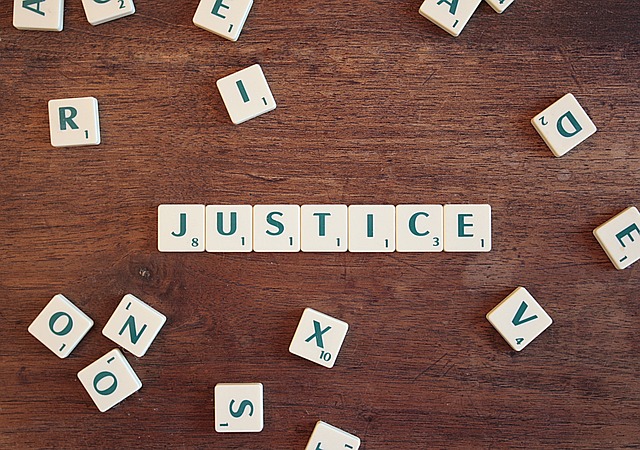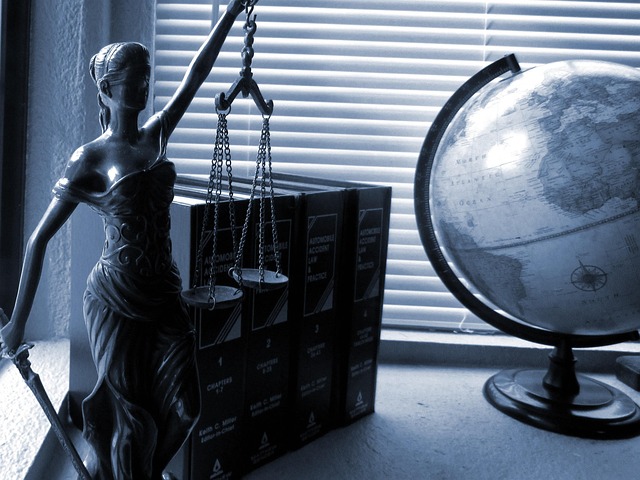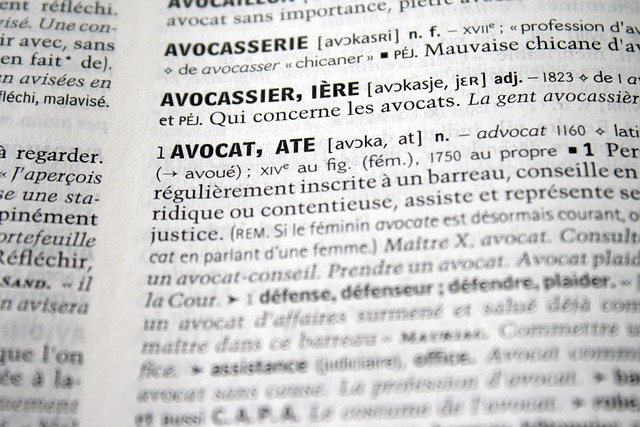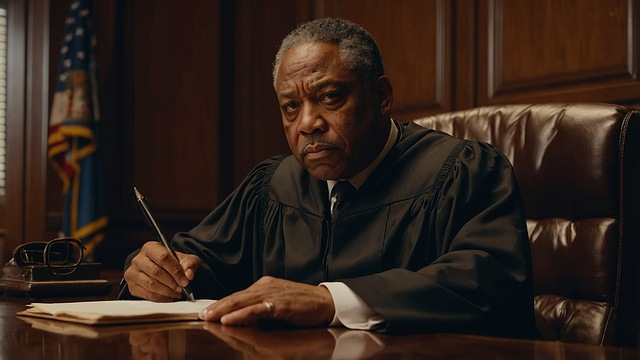The Real Estate Litigation Process Explained mirrors the broader criminal law process, holding individuals accountable for societal norm violations, from misdemeanors to felonies. It involves an investigation, charging, and complex legal battles between prosecution and defense attorneys, with judges' oversight and juries' deliberations. This process is crucial in addressing white-collar and economic crime cases, ensuring fairness and justice through strategic phases like preliminary hearings, arraignment, pretrial proceedings, and trials or settlements. Challenges arise from the complexity of real estate transactions, requiring lawyers to navigate diverse interests and state laws for successful outcomes.
“Dive into the intricate world of criminal law cases, specifically exploring real estate litigation with our comprehensive guide. This article offers an in-depth look at ‘Understanding Criminal Law Cases: An Overview,’ highlighting the crucial roles of stakeholders. We navigate through ‘The Step-by-Step Real Estate Litigation Process Explained,’ unraveling each phase. Furthermore, common issues and challenges are addressed, providing insights for those navigating this complex legal landscape.”
- Understanding Criminal Law Cases: An Overview
- The Roles of Key Stakeholders in Criminal Law Litigation
- The Step-by-Step Criminal Law Litigation Process
- Common Issues and Challenges in Real Estate Criminal Law Cases
Understanding Criminal Law Cases: An Overview

Criminal law cases involve a wide range of offenses, from petty misdemeanors to severe felonies. Understanding the criminal law process is crucial for both victims seeking justice and accused individuals looking to protect their rights. The journey through this legal landscape begins with an investigation, where law enforcement collects evidence and witnesses provide statements. This initial phase sets the stage for charges to be filed, outlining the specific crimes alleged against the accused.
Unlike civil lawsuits focused on resolving disputes between parties, criminal cases aim to hold individuals accountable for violating societal norms and laws. The real estate litigation process, while distinct from criminal cases, shares some key principles of evidence presentation and legal argumentation. An unprecedented track record of success in handling white-collar and economic crimes makes it vital for accused persons to seek counsel from experienced attorneys who can navigate these complex legal terrains, ensuring their rights are protected throughout the process.
The Roles of Key Stakeholders in Criminal Law Litigation

In criminal law litigation, various stakeholders play pivotal roles, each contributing uniquely to the legal process. The prosecution, defence attorneys, judges, and juries are the primary participants, responsible for presenting evidence, arguing cases, and making decisions that shape the outcome. Prosecutors, representing the state, investigate crimes, gather evidence, and decide on charges, while defence lawyers advocate for the accused, ensuring their rights are protected and providing a counter-argument. Judges oversee trials, interpret laws, and make crucial rulings, including evidentiary decisions and sentencing. Juries, composed of citizens from diverse backgrounds, deliberate on the evidence presented to reach a verdict.
Beyond these key players, other stakeholders such as law enforcement agencies, victims, and witnesses also have significant roles. Law enforcement contributes to investigations and can influence the case’s trajectory with their findings. Victims and witnesses provide firsthand accounts, which are essential for building a strong legal case. Moreover, the philanthropic and political communities play a role in shaping criminal law by advocating for reforms and ensuring that the system serves justice equitably across different respective business and regions, reflecting societal values and priorities on a national scale.
The Step-by-Step Criminal Law Litigation Process

The Criminal Law Litigation Process is a structured series of steps that ensure fairness and justice in high-stakes cases involving corporate and individual clients. It begins with the filing of charges by law enforcement or a prosecutor, which triggers the official start of the case. This initial step is crucial as it sets the legal framework for the entire process.
Once charges are filed, a preliminary hearing is held to determine if there’s sufficient evidence to proceed. If the court rules in favor, the case advances to arraignment, where the accused is informed of the charges and enters a plea. This stage is critical for the defense, as an early strategic decision on how to proceed—whether to fight the charges or seek a plea bargain—can significantly impact the outcome. Following arraignment, pretrial proceedings commence, encompassing motions, discovery, and potential negotiations leading up to trial or a settlement. The ultimate goal remains the complete dismissal of all charges, ensuring that justice is served fairly and proportionately.
Common Issues and Challenges in Real Estate Criminal Law Cases

In real estate criminal law cases, several common issues and challenges arise that can complicate the Real Estate Litigation Process Explained. One primary challenge is the intricate nature of real estate transactions, which often involve complex legal documents and a web of relationships among buyers, sellers, agents, and brokers. Misrepresentations, omissions, or errors in these transactions can lead to disputes, with accusations ranging from fraud to breach of contract. These cases demand meticulous attention to detail and a deep understanding of both criminal law and real estate practices.
Moreover, navigating the respective business interests of all parties involved is a significant hurdle. For his clients, whether they are individuals or corporate entities, the goal is often to protect their financial investments and reputational integrity. Across the country, varying state laws and regulations add another layer of complexity. Lawyers must be adept at interpreting these differences and ensuring that their strategies align with the specific legal framework governing each case, thereby enhancing the overall success rate in real estate criminal law litigation.
In exploring the intricate world of criminal law cases, especially those involving real estate, this article has provided a comprehensive overview. From understanding the fundamental concepts to unravelling the roles of key stakeholders and delving into the step-by-step litigation process, each section offers valuable insights. As we conclude, it’s evident that navigating criminal law requires meticulous attention to detail and a thorough grasp of procedures. By understanding these processes, legal professionals can more effectively address common issues and challenges in real estate litigation, ultimately ensuring justice is served. This serves as a concise guide for those seeking to navigate the complex landscape of criminal law cases, especially within the domain of real estate.






